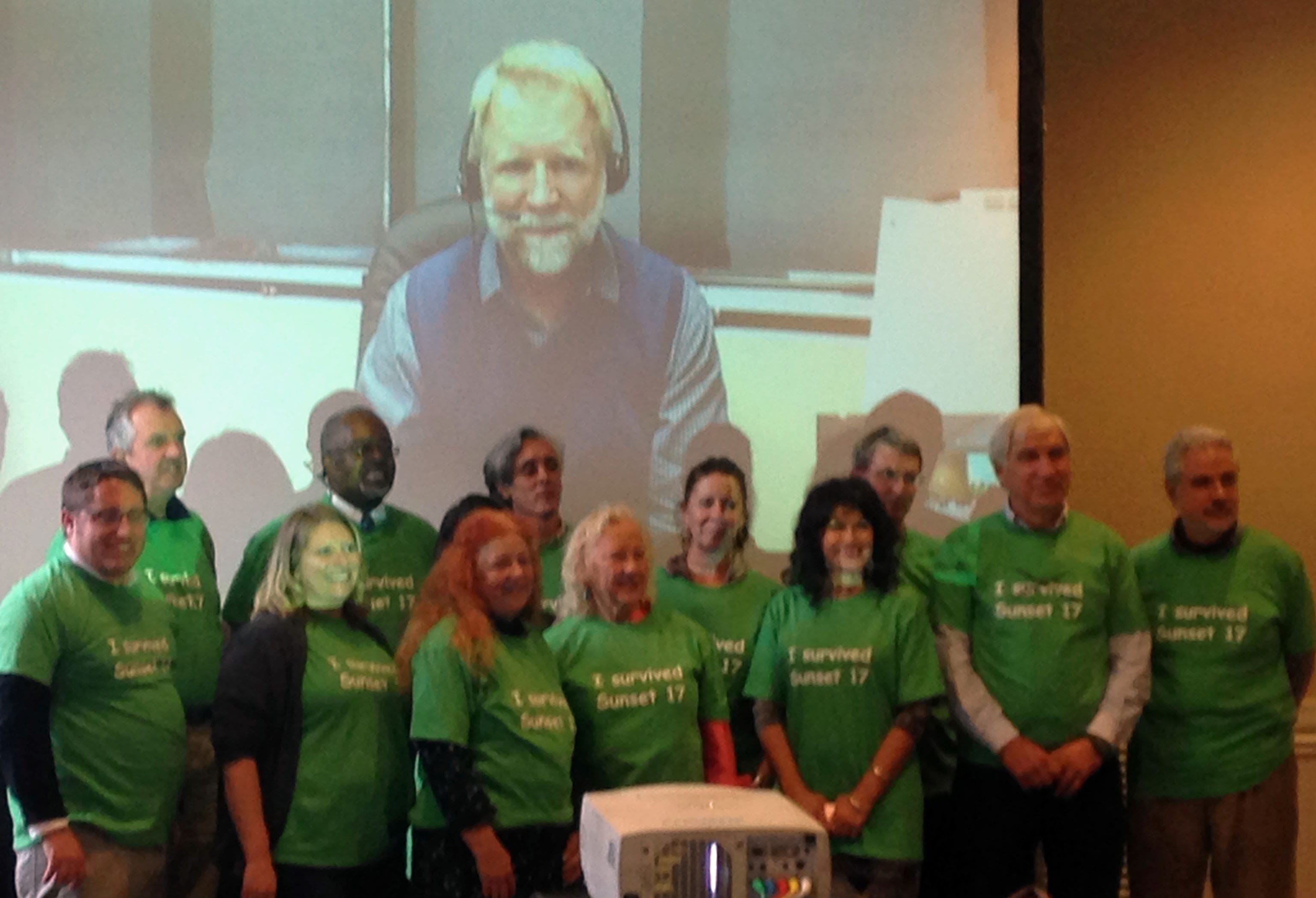This Action Alert is over.
[See Cornucopia’s comprehensive analysis, including a side-by-side comparison of the new draft and existing PPM]
Act by 11:59 PM (Eastern) this Thursday, April 14
 |
Tell NOSB members to table changes to their policy and procedures manual (PPM)
The National Organic Standard Board’s (NOSB) Policy and Procedures Manual (PPM) was originally developed by the board itself, with public input. However, in August 2015 USDA bureaucrats and political appointees drafted a radical new copy, watering down the authority of the independent board, created by Congress, and making it easier for synthetic chemicals to be used in organic farming and food production.
The USDA-backed changes to how the NOSB operates include:
- Enshrines unacceptable changes to the Sunset Review policy (Cornucopia and 14 other stakeholders are currently suing the USDA alleging that the Sunset Notice violates the federal Organic Foods Production Act) — making it harder to prohibit unneeded synthetic inputs and ingredients from organic food.
- Undermines congressional dictate that the NOSB hire a staff director (diluting the intended buffering of the USDA National Organic Program from lobby/corporate influence).
- Alters role and duties of the NOSB Policy Development Subcommittee, so that the National Organic Program (rather than the NOSB) will have a greater role in future NOSB policy. For example, the NOSB can’t establish their own workplan and agenda.
- De-emphasizes public transparency within the NOSB, keeping some documents inaccessible in violation of the Federal Advisory Committee Act.
- New language appears to prevent the board from giving advice directly to the Secretary of Agriculture as established in the Organic Foods Product Act.
- Eliminates the role of the NOSB in deciding if any of its members have a conflict of interest — instead the USDA makes that determination, secretly.
- There is no longer a staff position within the National Organic Program who operates to “preserve and strengthen” the independence of the Board. Historically this person has been the voice of the NOSB within the USDA.
- The National Organic Program will have ultimate power over internal NOSB policy, all in the name of “collaboration.”
- Weakens the availability of NOSB subcommittee members holding official minority opinions and from sharing them with the full NOSB and the public.
- Muddies how policy updates will be done in the future with ambiguous language.
No one asked for these changes (other than industry lobbyists in meetings with the USDA, behind closed doors). NOSB members didn’t ask, farmers didn’t ask and consumers certainly didn’t ask for the 20-year history of public-private partnership to be dismantled.
If any rewrite is needed, it should be initiated and drafted by the NOSB, in consort with organic stakeholders — not by the corporate-friendly, GMO-friendly, agrochemical-friendly USDA.
Cornucopia makes the following suggestion with respect to the proposed draft Policy and Procedures Manual:
- Any revisions should be done with full and open disclosure with the participation of the organic stakeholders and the general public. Until then, let the previous version of the PPM stand — the present proposed rewrite should be tabled.
- Maintain responsibility for verifying and discussing potential conflicts of interest with the board itself.
- In all areas of the PPM make information about NOSB workings available to the public to preserve transparency.
The only way to make your voice heard is to submit your comments to regulations.gov. A short sample letter appears below. Please customize this letter or add a personal note of concern in order to reflect the importance of these issues to you as an organic consumer, farmer, or other stakeholder.
Take action to block this move and to support transparency within the organic program.
- Click here to go to the comment form at regulations.gov
- Be sure to identify the issue you are commenting on (“Policy and Procedures Manual Revisions”).
- You can either write directly in the window or cut and paste the final version of your comments into the provided space.
- Or you can also upload your own separate document using their website (“click on update file”) if you prefer to send a PDF or a letter/document in another file format.
- You can submit written comments until 11:59 p.m. Eastern time on April 14, 2016 at the above link.
Resources for further research:
Click here for a comprehensive analysis, including a side-by-side comparison of the new draft and existing PPM. The radical changes to the governance of the NOSB will be debated at its upcoming meeting, the week of April 25, in Washington, DC.
Sample letter:
Dear NOSB members:
Thank you for the opportunity to provide public input on the National Organic Program’s Proposed Revision to the Policy and Procedures Manual.
As designed by Congress, the NOSB represents the interests of diverse stakeholders in organics. It is imperative to the functioning of the NOSB that it retain control of its own administration, workplan and agenda as dictated by the Organic Foods Production Act of 1990 (OFPA). The proposed revisions to the Policy and Procedures Manual (PPM) fly in the face of the standing policy that has directed the NOSB since its inception.
I suggest that revisions, if any are needed, should be completed by the NOSB with input from the public. Anything less lacks transparency and damages consumer trust in the organic label.
Specifically, I make the following recommendation:
Please table this rewrite. Neither the NOSB, nor the public, identified a need to change the rules that the board operates under. The 2012 draft of the PPM should be maintained and the integrity of the process that developed it.
The current draft undermines the integrity of the board and the power Congress invested in it.
Thank you for considering my comments on this important matter.
Sincerely,
(Your Name Here)

